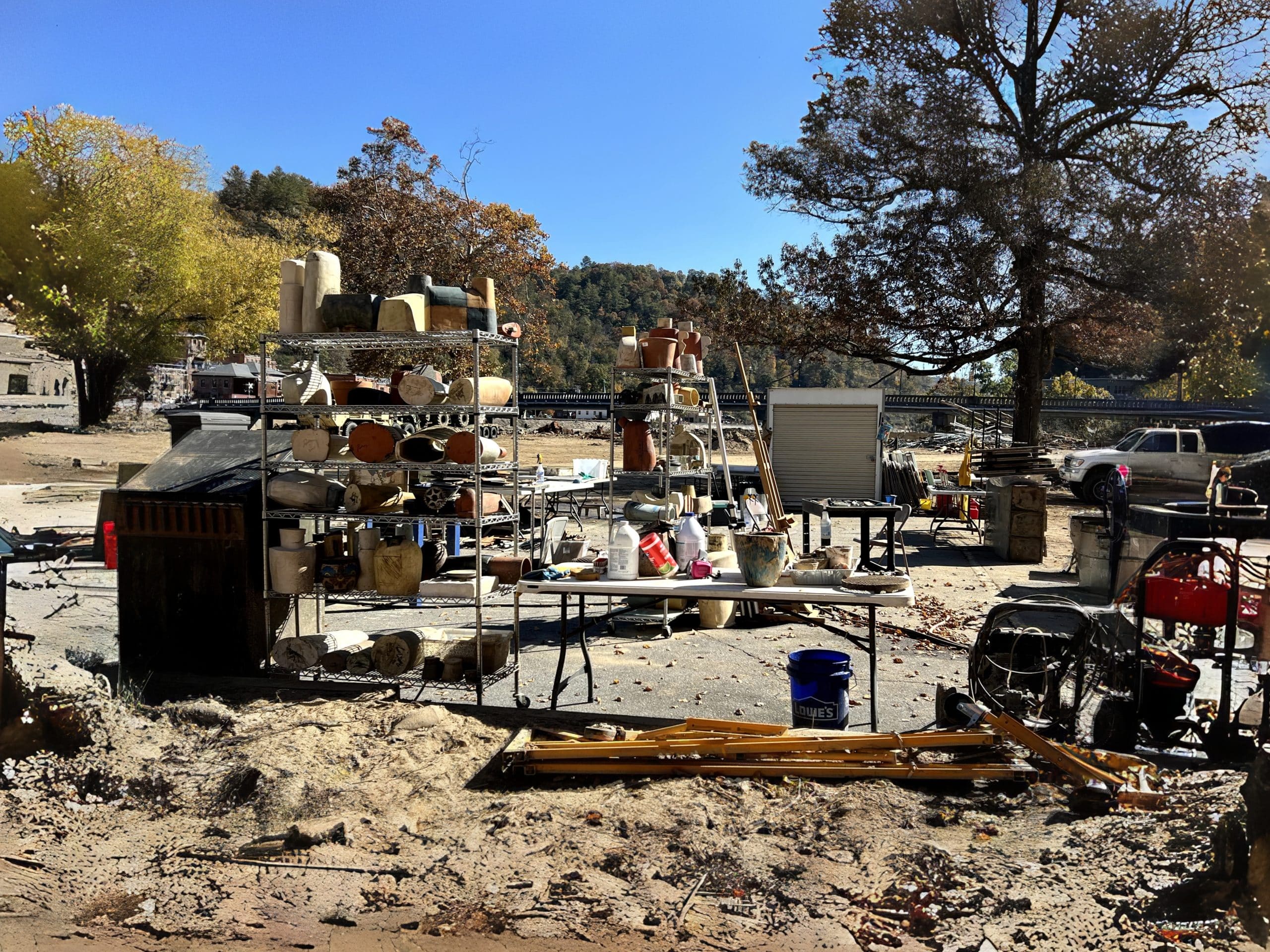
Natural disasters like Hurricane Helene can disrupt our lives in sudden and often devastating ways. Beyond the physical loss and destruction, the emotional toll can linger long after the storm has passed. Many people find themselves facing anxiety, depression, and other mental health challenges as they work to rebuild both their surroundings and their sense of security. This blog explores ways to understand and manage these feelings, provides practical coping strategies, and offers guidance on seeking help for yourself or others.
Understanding Anxiety and Depression Post-Hurricane
In the aftermath of a disaster, it’s normal to feel a range of emotions—from relief and gratitude to anger, frustration, and sadness. For many, however, these emotions can become overwhelming and may develop into clinical anxiety or depression.
Anxiety: Anxiety often emerges when uncertainty, fear, and stress feel unmanageable. You may find yourself feeling on edge, fearing another disaster, or experiencing frequent worry about rebuilding efforts and future stability. Physical symptoms like headaches, muscle tension, and insomnia can also be common.
Depression: Feelings of sadness, helplessness, or a sense of loss are also normal after a traumatic event, but they can sometimes evolve into depression. Symptoms might include persistent sadness, fatigue, loss of interest in activities, or withdrawal from loved ones. Depression can make even daily tasks feel insurmountable, creating a cycle of guilt and shame that deepens over time.
Recognizing these feelings and understanding that they are natural responses to trauma can help lessen the burden of self-blame and isolation. This understanding is also the first step in building a toolkit to manage and overcome these emotions.
Coping Strategies for Managing Symptoms
Healing takes time, but with intentional actions, it’s possible to manage symptoms and start the journey toward recovery. Here are some practical strategies for coping:
Acknowledge Your Emotions
Allow yourself to feel the full range of emotions—anger, sadness, grief, or relief. Suppressing feelings can often lead to further distress, so give yourself permission to process these emotions at your own pace.
Establish Routine and Structure
Hurricanes disrupt daily life, making it difficult to maintain routines. Try to establish small routines that create a sense of stability, such as setting regular times for meals, getting up and going to bed, and scheduling daily activities. A structured day can bring a sense of normalcy and control.
Connect with Loved Ones
Isolation can intensify feelings of depression and anxiety, so staying connected is crucial. Spend time with family, friends, or community members who can offer support. Even if discussing the trauma feels overwhelming, simply being around others can foster a sense of comfort and safety.
Limit Media Consumption
While staying informed is important, excessive exposure to news—especially distressing updates about the hurricane or recovery efforts—can increase anxiety and fear. Give yourself a break from the media, or limit your intake to specific times of the day.
Engage in Physical Activity
Physical activity is a proven way to reduce stress and improve mood. It doesn’t have to be strenuous; even a short walk, some gentle stretching, or breathing exercises can make a big difference. Exercise releases endorphins that help boost your mood and promote relaxation.
Practice Mindfulness and Meditation
Techniques like mindfulness and meditation encourage you to stay present and focus on the moment rather than dwelling on past trauma or future fears. Deep breathing exercises, guided meditations, or even journaling can help ground you in the present and alleviate stress.
Set Small Goals
With so many unknowns, setting small, achievable goals can bring a sense of accomplishment and control. Start with something manageable each day—whether it’s cleaning a room, making a phone call, or preparing a meal—and gradually build from there.
Seeking Help and Supporting Others
If anxiety or depression is impacting your ability to function daily, reaching out for help is essential. Support is available in many forms, whether through mental health professionals, community resources, or loved ones. Here’s how to find help and offer it to those around you:
Professional Help: Consider connecting with a mental health professional who can provide guidance tailored to your experience. Therapy options are effective for managing trauma-related anxiety and depression, and many communities offer support in the wake of natural disasters.
All Souls Counseling Center All Souls Counseling offers accessible, affordable mental health counseling for those in need. They provide a safe and supportive environment for individuals to explore their challenges and develop strategies for recovery. The center’s experienced counselors understand the unique pressures of high-stress situations and can tailor their approach to meet the specific needs of each client.
Community Resources: Local organizations, support groups, and recovery centers often provide counseling and assistance in disaster-affected areas. Look for services that offer low-cost or free mental health support, crisis hotlines, and community events that allow you to connect with others facing similar challenges.
Support Systems: For family and friends who are struggling, being a source of comfort and understanding can make a huge difference. Offer to listen without judgment, and respect the person’s pace and needs. Encourage them to seek professional support if their symptoms persist or worsen over time.
Self-Compassion and Patience: Remember, it’s okay to not have all the answers right away. Healing is a process, and taking things one day at a time is a valuable approach. Practicing patience with yourself and accepting that recovery may take longer than expected can help ease the pressure.
Moving Forward
Recovery from a traumatic event like Hurricane Helene is a gradual journey that requires resilience, community, and self-compassion. By recognizing and validating the mental health impacts, finding ways to cope, and knowing where to seek help, you can make strides toward healing. It’s also important to remember that you are not alone—there is a network of support ready to assist you in navigating this challenging time.
Take care of yourself and those around you, and know that, with time, it is possible to rebuild both physically and emotionally.